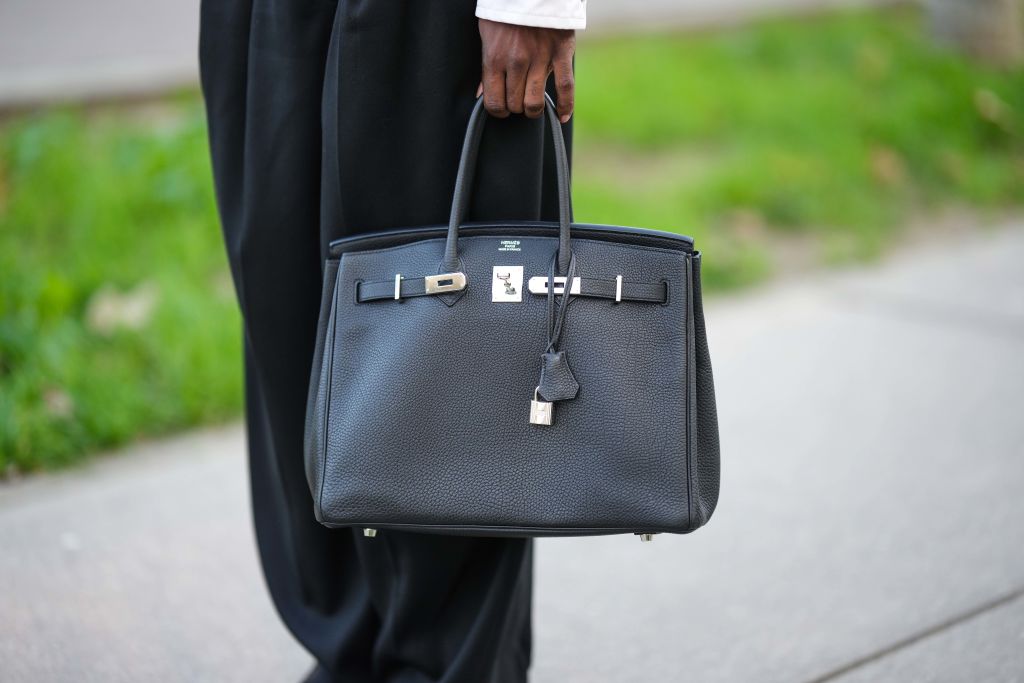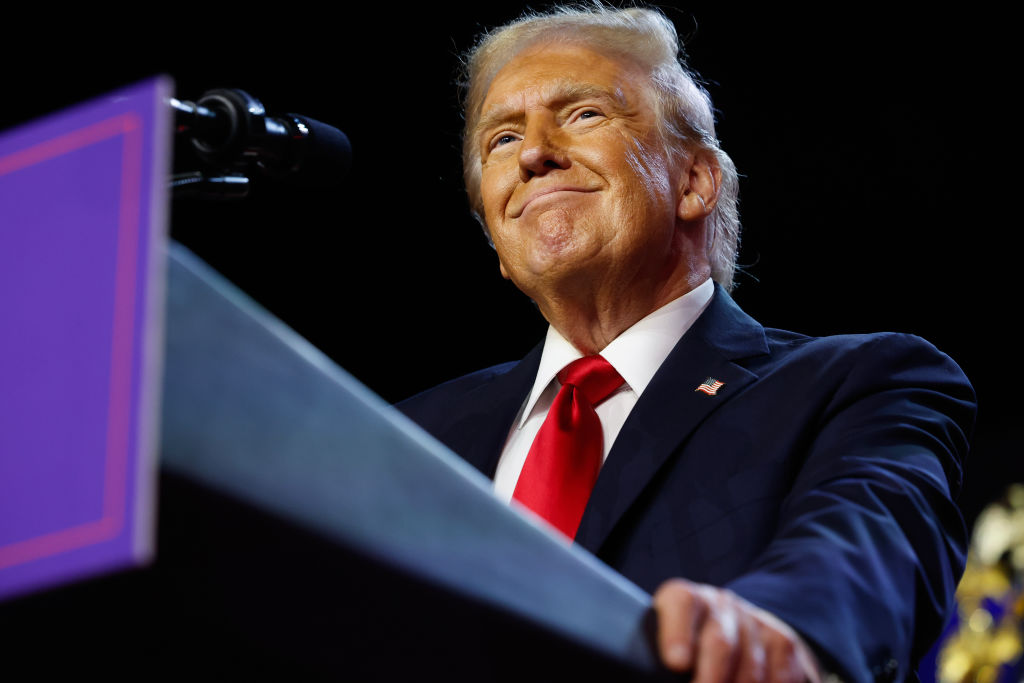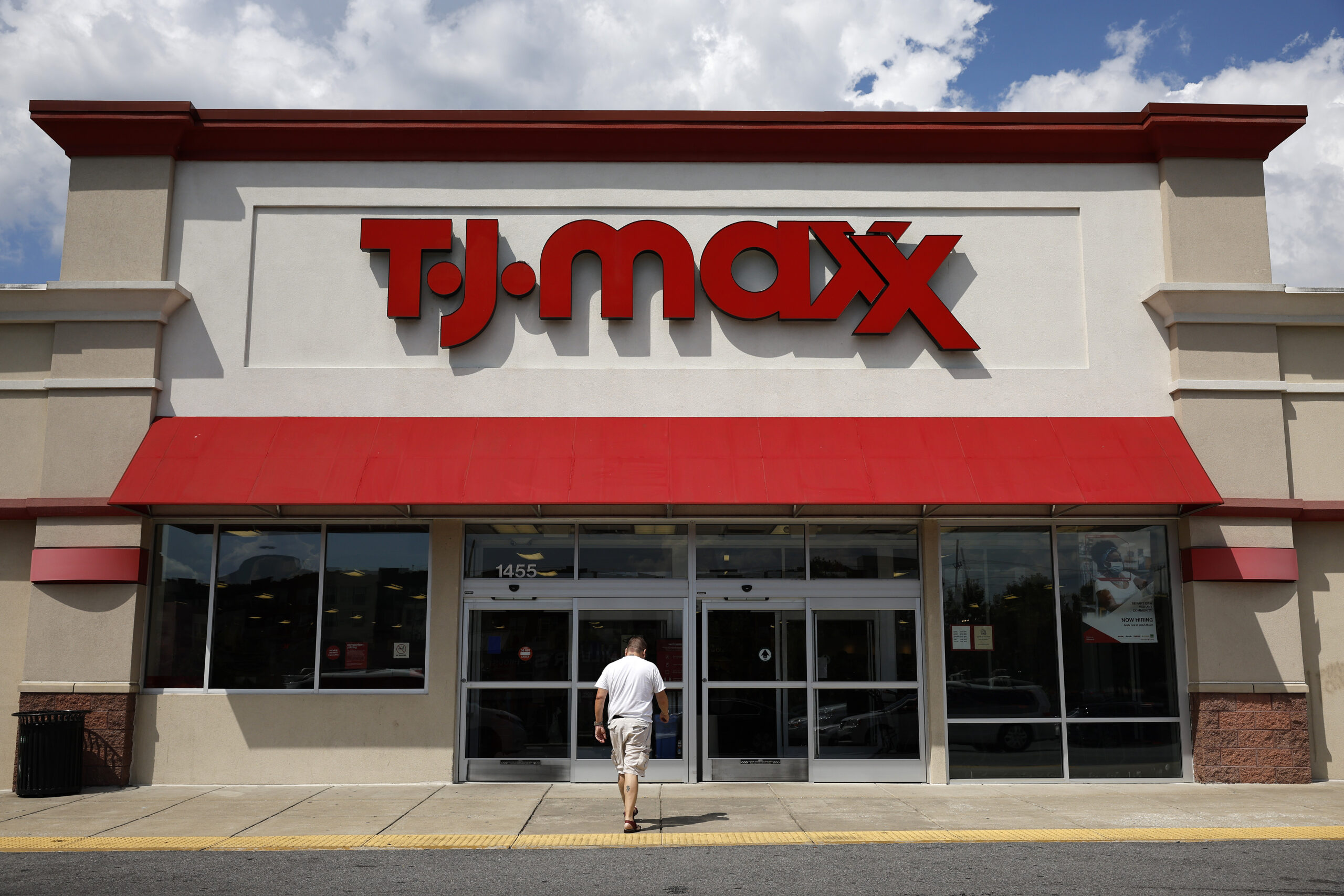Whether or not NFTs are protected by the First Amendment was put into question with a Hermès lawsuit.
After artist Mason Rothschild released his NFT project “MetaBirkins,” Hermès sued him, according to The New York Times.
The luxury goods company argued that the NFTs could potentially confuse their consumers to think the two parties are affiliated. On the opposing side, Rothschild’s legal team wasn’t certain that wealthy Birkin consumers would be perplexed about the NFTs.
Now, Hermés has won the lawsuit against Rothschild.
On Feb. 8, jurors came to a verdict that Rothschild infringed on Hermés’ trademark rights and was awarded $133,000 in total damages, the outlet details.
For trademark infringement and brand dilution, Hermès will receive $110,000, while statutory damages for cybersquatting will award the brand $23,000, WWD reports.
“Hermès is a house of creation, craftsmanship and authenticity which has supported artists and freedom of expression since its founding,” read the verdict.
What’s more, it was determined that the 28-year-old artist’s NFTs were not protected speech.
“What happened today was wrong,” Rothschild said in a statement, following the verdict. “What happened today will continue to happen if we don’t continue to fight.”
Prior to the lawsuit’s verdict, Rothschild was set to create 1,000 MetaBirkins. Since 2021, he released only 100, each priced at $450. In turn, he received 7.5 percent of secondary sales.
According to the court filings, Hermès claimed that MetaBirkins raked in around $1.1 million in total sales. However, Rothschild said he made an estimated $125,000 from the NFTs plus the initial sales and royalties.
Following the verdict ruling in favor of the plaintiff, fashion industry vets have questioned Hermès’ judgment to take Rothschild to court, to begin with.
“Maybe this hit close to home,” Ian Rogers, the former chief digital officer of LVMH said. “Luxury people should understand NFTs, because if you have been in the business of explaining why someone would spend $18,000 on a bag then you are pretty well-suited at explaining why someone would pay $3,000 for an NFT.”

















